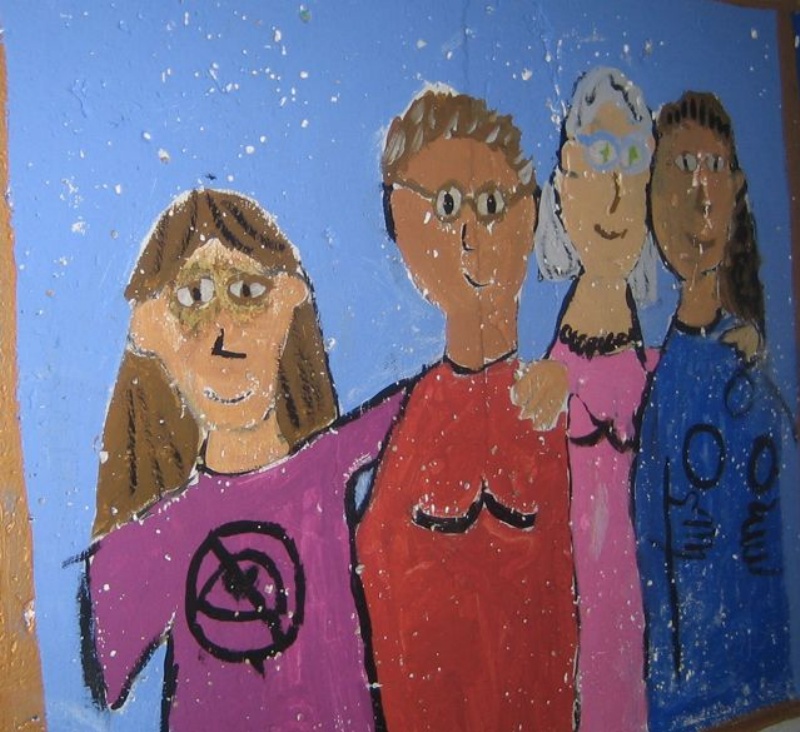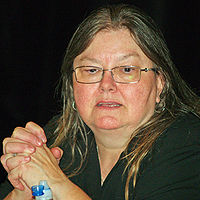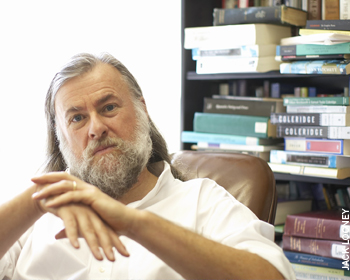Serendip is an independent site partnering with faculty at multiple colleges and universities around the world. Happy exploring!
Notes Towards Day 5 (Tues, Sept. 13): On Access to, and the Uses of, a Liberal Education

[Mural @ The Bank Street College of Education, NYC ]
I. Jomira and Sarah: preparing to go to Parkway!
II. Form yourselves into (mixed!) groups of 3-4 to share your access maps:
explain your map to the others in your group
what did you learn about yourself/what surprised you in preparing it?
compare and contrast!
III. Anne's class exits....
IV. Coursekeeping
* If you need to miss class (for illness?), you can always
access our planning notes from the home page, @
/exchange/taxonomy/term/816,641
* review conference schedule for this Thursday morning/afternoon
*In preparation for Thursday, please read another
pair of texts, one fictional, one philosophical:
Anzia Yezierska's “College” (a chapter from her 1925 novel, Bread Givers),
and an essay on "Experience and Thinking" from John
Dewey's 1916 collection, Education and Democracy
(the last page of Dewey's essay, p. 178 is in separate document....!)
Dewey was an influential progressive American educational theorist of the early 20th century;
(if you're interested in education, you should be familiar w/ his ideas);
Yezierkska, who had a longtime romantic association
w/ Dewey, was a novelist who wrote stories about her
East European immigrant family settling on the Lower East Side of NYC;
Bread Givers is her novel about the struggle of a young woman,
Sara Smolinsky, to escape from her father's old world
expectations of her becoming a wife and dutiful daughter
it's a dreadful thing, to excerpt a novel (and may be confusing);
we've chosen a chapter from the center, when Sara goes to college,
because it enacts (unmasks?) the ideology of Dewey's educational theory,
and foregrounds the contradiction between the great promise of education
and the economic structures that make that promise so hard to realize...
All preparation for your writing assignment, this Friday,
to reflect on the relationship between access and education:
* how would you define 'access to education'?
* what gives people access/what gets in the way or makes access difficult?
* what can we learn from looking at Rodriguez's access to education?
* how about Luttrell's Philly and North Carolina women--
what kind of access did they have and not have?
* what's access for Tompkins?
* what are the costs of having/not having access to education?
 |
 |
V. Count off in 2's to form yourselves into a "carousel," to discuss the short excerpt from
Dorothy Allison's 1995 memoir Two or Three Things I Know for Sure, and the paired essays
from the 1997 Harper's Magazine issue about “The Uses of a Liberal Education":
“As Lite Education for Bored College Students,” by Mark Edmundson, and
“As a Weapon in the Hands of the Restless Poor,” by Earl Shorris.
I'll read a quote; take two minutes to discuss it w/ your partner.
I'll invite larger group discussion, then repeat....
Dorothy Allison reports,
We were to make our family trees, interviewing relatives and doing posters to show the class ...."That new teacher an't gona last out the month. Around here parentage is even more dangerous than politics"...."There's no need to count the dead" [Mama said].....You don't have to put down everybody" .... Two or three things I know for sure, and one of them is just this -- if we cannot name our own we are cut off at the root, our hold on our lives as fragile as seed in a wind.
Mark Edmundson says,
"The class is ... playing the informed consumer, letting the provider know where's he's ... not quite up to snuff .... university culture, like American culture writ large, is ... ever more devoted to consumption and entertainment, to the using and using up of goods and images .... buy in order to be."
"What my students are, at their best, is decent. They are potent believers in equality .... What they will not generally do, though, is indict the current system .... Students worry that taking too many chances with their educations will sabotage their future prospects."
"We've created more comfortable, less challenging environments .... What they want most is to talk to one another. A classroom now is ... a place highly conducive to the exchange of existing ideas, the students' ideas .... But what they generally can't do is acquire a new ... perspective, that will cast issues in a fresh light."
"some measure of self-dislike, or self-discontent ... seems to me to be a prerequisite for getting an education that matters. My students ... lack the confidence to acknowledge ... their most precious asset for learning: their ignorance .... Students now do not wish to be criticized, not in any form .... our most intelligent students never learn to strive to overcome what they are."
"The aim of a good liberal arts education was once ... to see that 'we need not be the passive victims of ... "circumstances" .... but that by linking ourselves ... with the great we can become freer ... to be what we most want and value' .... one of the best things about democratic thinking is the conviction that genius can spring up anywhere .... genius helps us apprehend how malleable the present is."
Earl Shorris writes,
"The poor themselves led me in directions I could not have imagined .... 'You've got to teach the moral life of downtown to the children .... a moral alternative to the street' .... to enter the public world, to practice the political life, the poor had first to learn to reflect."
"'You've been cheated .... Rich people learn the humanities; you didn't. The humanities are a foundation for getting along in the world, for thinking, for learning to reflect on the world ... one of the ways to become political ... to negotiate ... to get power ... a more effective method for living in this society.'"
"coming into possession of the faculty of reflection and the skills of politics leads to a choice for the poor ... to get along in a society based on the game ... or they may chose to oppose the game itself ... adopt a moral view other than that of their mentors.... who wants to run that risk?"
VII. In a large group: if Edmundson and Shorris were in conversation,
what might they say to -- and ask -- one another?
What points of agreement/shared assumptions/vocabulary underlie both essays?
What does each of them think constitutes real knowledge/education?
Where does the "cultural capital" lie? How do they see the relation between
home/street and school? Do they recognize the kind of "splitting" Luttrell describes?
What are we learning, about class and differential access to education,
by reading and reflecting on their accounts of teaching?


